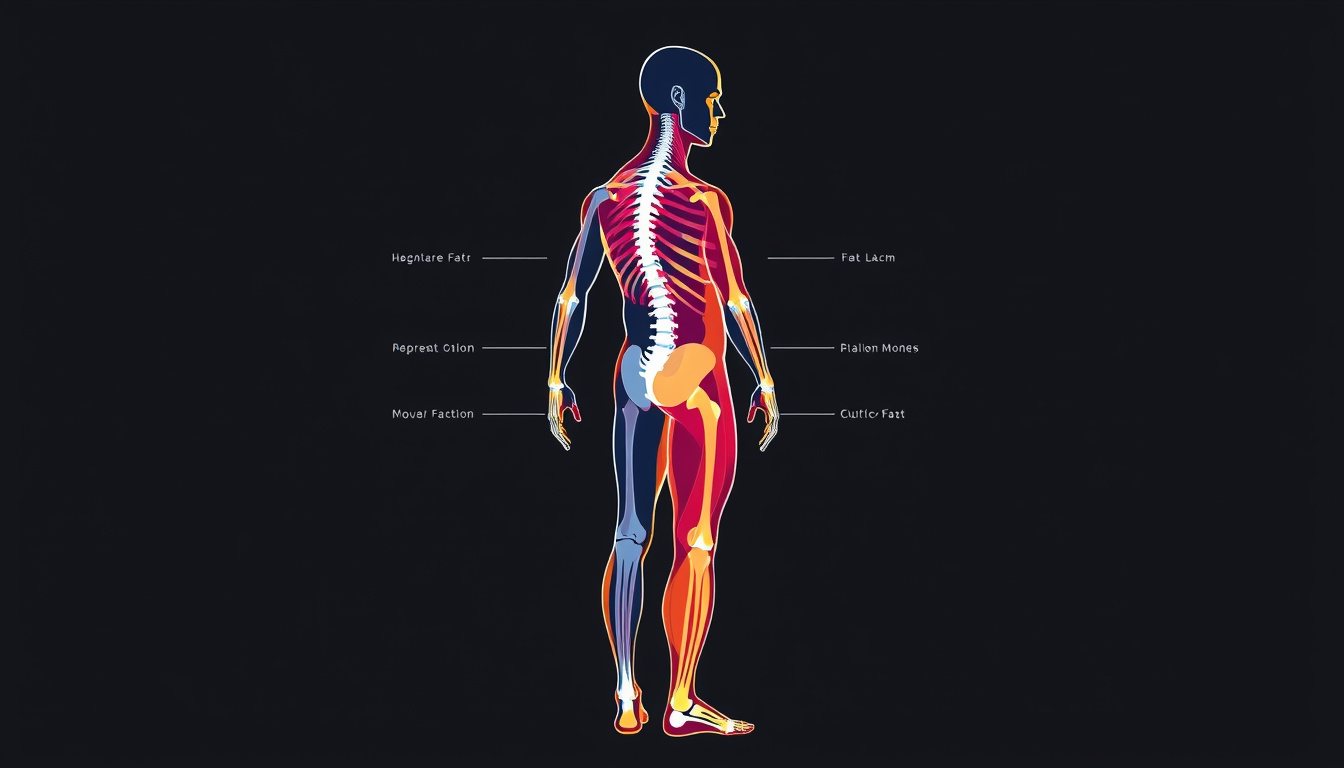In recent years, intermittent fasting has grown popular. People use it to control weight, improve metabolism, and boost overall health. This method emphasizes when you eat over what you eat. It creates a regular routine that may bring many health gains. If you wish to try intermittent fasting but feel unsure about how to start or get the best results, this guide shows steps that work.
Understanding the Basics of Intermittent Fasting
Intermittent fasting works as an eating pattern that shifts between times of fasting and eating. It does not list specific foods; it focuses on meal timing. The main goal is to extend fasting so your body can use stored fat for fuel, repair cells, and balance hormones.
Common Methods of Intermittent Fasting
There are a few common ways to practice intermittent fasting. Each way suits different lives and likes:
- 16/8 Method: Fast for 16 hours and eat during an 8-hour block each day.
- 5:2 Diet: Eat normally for five days a week and cut calories to around 500–600 on two days that are not in a row.
- Alternate-Day Fasting: Swap regular eating days with fasting days.
- Eat-Stop-Eat: Fast for 24 hours once or twice a week.
Choosing the Right Approach
Deciding which fasting way fits you best depends on your life, health aims, and likes. Many new users find the 16/8 method simple and steady.
Proven Strategies to Maximize Your Results with Intermittent Fasting
Intermittent fasting works better when you plan well. The steps below help you make fasting work for you.
- Prioritize Nutrient-Dense Foods
When you eat, pick whole, nutrient-rich foods. These foods add value to your health and help you stay full. Aim for a mix of:
- Lean proteins (chicken, fish, beans)
- Good fats (avocados, nuts, olive oil)
- Complex carbohydrates (whole grains, vegetables, fruits)
- Plenty of fiber to aid digestion and provide fullness
Steer clear of heavily processed foods and sugary items. Such items may work against your health aims and bring extra hunger while fasting.
- Stay Hydrated
Keep water near during fasting. Drinking water can lower hunger, support your body’s work, and keep you well. Feel free to drink herbal teas or black coffee but skip added calories or sweeteners.
- Incorporate Physical Activity
Move your body often. Exercise helps burn fat, improve how your body handles sugar, and keeps you fit. Try a mix of cardio, weight work, and stretching. Change how hard you exercise based on your energy.
- Practice Consistency and Patience
Fasting results need time. Stick to your fasting plan and food choices. Check your progress and try small changes when needed.
- Avoid Overeating During Feeding Windows
It can be tempting to eat a lot when you break your fast. Too many calories can reduce some benefits of fasting. Eat with care and listen to your body’s signals.
- Manage Stress and Sleep
Stress and lack of sleep can slow down fat loss and upset hormonal balance. Sleep well and try stress-reduction methods like meditation, slow breathing, or yoga.
- Listen to Your Body
Not everyone finds fasting easy. If you feel tired, dizzy, or face other problems, talk with a doctor. Change your plan as needed and always work within your limits.
Additional Tips for Better Results
- Use a fasting app or write down your plan to keep on track.
- Pair intermittent fasting with a balanced diet for better health.
- Think about adding vitamins or minerals if you do not get enough from food.
- Slowly lengthen your fasting time so your body gets used to it.
Potential Challenges and How to Overcome Them
Fasting may bring some issues such as hunger, social events, or trouble keeping to the routine. Try these steps to solve common problems:
- When hunger comes: Drink water or herbal tea and eat high-fiber foods.
- When social events appear: Plan your fasting schedule around events or change your meal times for a while.
- When energy is low: Make sure you eat enough good foods and do not push too hard during exercise.
Frequently Asked Questions About Intermittent Fasting
Q1: Is intermittent fasting safe for everyone?
A1: For most healthy adults, it is safe. Still, people with certain health issues, pregnant women, or those with a history of eating problems should check with a doctor first.
Q2: Can I drink coffee or tea during fasting?
A2: Yes, plain black coffee and unsweetened tea are allowed during fasting because they have few or no calories and will not break your fast.
Q3: How long does it take to see results from intermittent fasting?
A3: Results differ by person. Many notice better energy, more steady hunger, and weight changes in a few weeks when they stick with a regular plan.
Sources & Additional Reading
For more details on intermittent fasting science, visit trusted sites like Harvard Health Publishing. They have solid facts on both benefits and things to watch out for when fasting.
Conclusion: Take Action Toward a Healthier You
Intermittent fasting is a flexible way to improve health if you follow the right steps. By choosing good foods, drinking plenty of water, staying active, and tuning in to your body, you can gain the many benefits this plan shows. Start today by picking a fasting style that fits your life, and work toward a healthier and more energetic you. Your step toward better health starts now!




